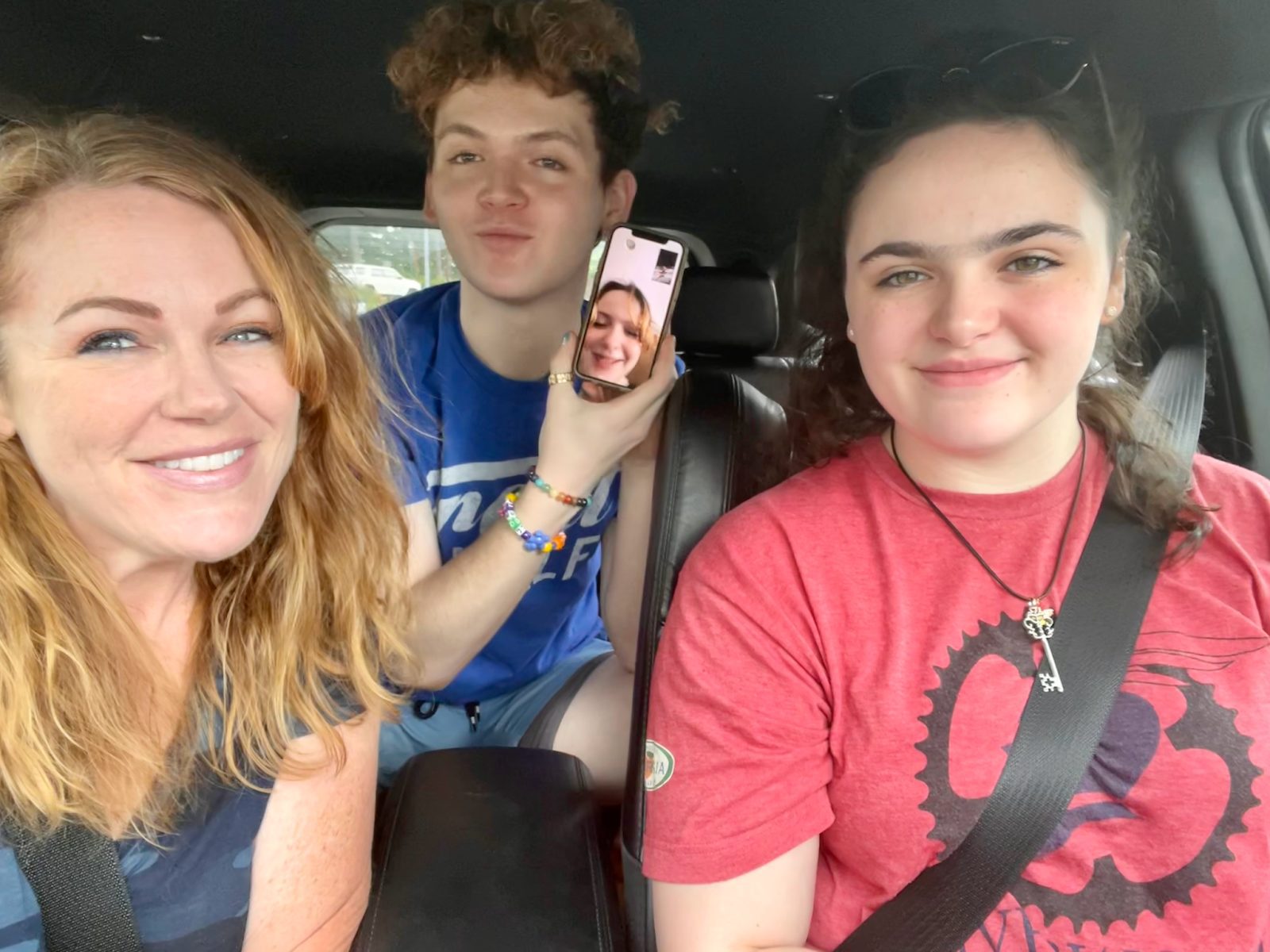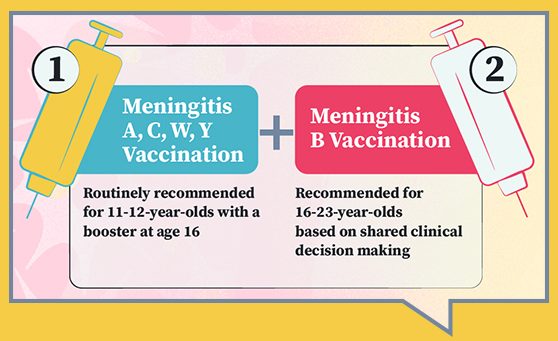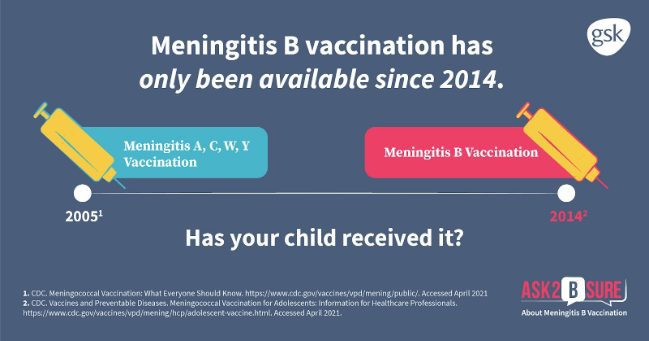Free Safety Kit for Your Child
Safety is huge concern of mine. I am always worried about my children, no matter where they are or what they are doing. I cannot help it. The day that my first child was...

This post is sponsored by GSK and its public health awareness campaign, “Ask2BSure”.
As the mother of three teenagers, their health and wellbeing is something that is always on my mind. Well that in addition to all of the driving I have to do with the myriad of activities they are involved in. This picture above is our most recent family picture and we couldn’t even get one kid in because of play practice. We are all busy and one of the best things that I can do as a mother is to make certain my kids are up-to-date on all of their vaccinations.
Did you know that there are things you can do to help protect your teen from meningitis?

Speaking of health and wellness, I learned something new this year and wanted to share with other parents. There are TWO different types of vaccinations needed to help protect against the five vaccine-preventable groups of meningitis (one for groups A, C, W, and Y and another for group B).
1 TWO. My teens (ages 16 & 18) and I had a conversation with their pediatrician about the second type of meningitis vaccination (for meningitis B) because we wanted to make an informed decision about it.
Meningitis also known as meningococcal disease while uncommon is a serious illness with complications that can lead to death. Meningitis spreads through saliva and close contact and is caused by bacteria carried in your nose or the back of your throat. Early symptoms can be similar to the flu but it can progress quickly. Although it’s uncommon, 1 in 10 people who contract meningitis will die even if they get treatment.3,4
Most of our kids receive vaccination for meningitis groups A,C,W and Y around the age of 11-12, with a recommended booster dose at 16. All three of my kids were 12 when they were vaccinated. Adolescents and young adults are at an increased risk for contracting meningitis because it can spread through certain common behaviors such as living in close quarters like college dormitories, coughing, sneezing, kissing, and sharing drinks, utensils, or smoking devices. 1,7

For this reason, I felt it was important for my two teens to get a second type of vaccination to help protect against meningitis B.
Please watch this short, educational video about meningitis. For each video view through December 31st, 2021, GSK will donate $1 (up to $10,000) to the Meningitis B Action Project. This project, a joint initiative of the Kimberly Coffey Foundation and the Emily Stillman Foundation, was started by two mothers who lost children to meningitis. They have made it their mission to educate people about meningitis and how to help prevent it.
Most importantly, talk to your child’s doctor and ask about Meningitis B vaccination. Start a conversation that will help your family stay up-to-date on vaccinations.
“Ask2BSure” from GSK is a public health campaign seeking to raise awareness of meningitis B vaccination and starting a dialogue between parents and doctors. Find more information, resources, and stories at Ask2BSure.com.
Citations:
Comments are closed.
Pingback: Meningitis B Vaccination for Your 16–23-Year-Olds